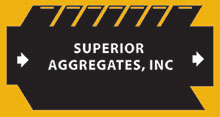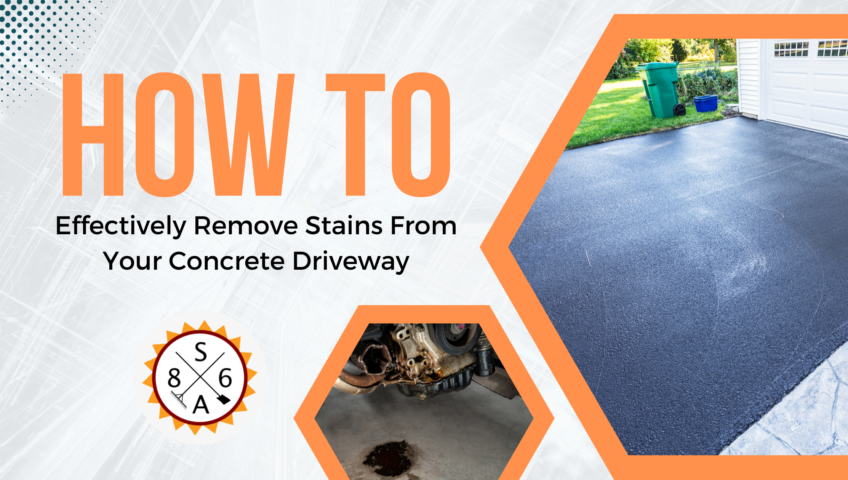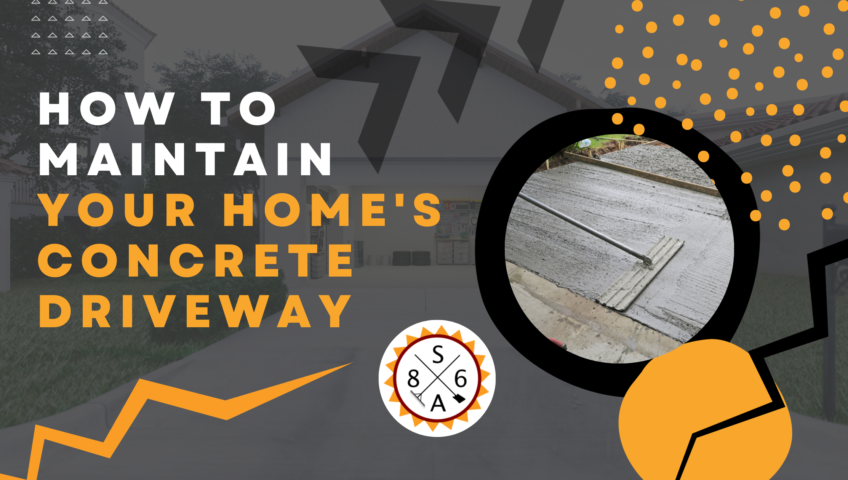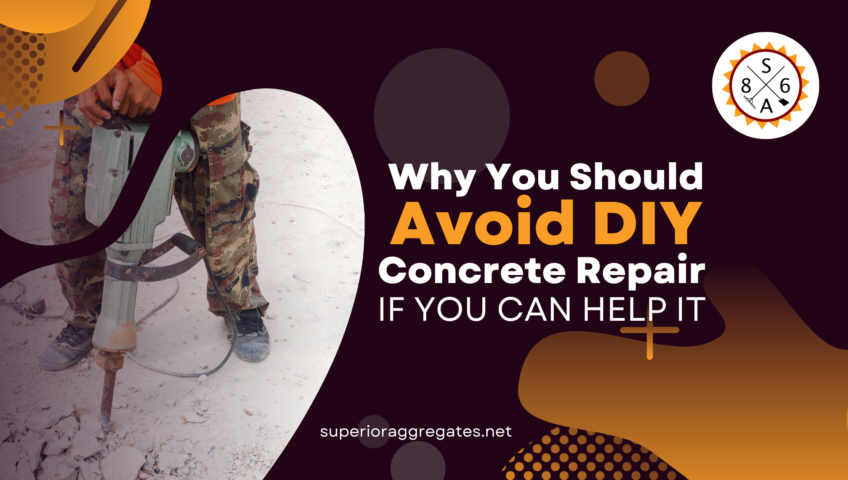
How to Maintain an Asphalt Driveway in the Winter
An asphalt driveway doesn’t need much intensive maintenance. However, it does need some care and attention. This is especially true during the cold winter months, as freezing weather, ice, and snow can cause damage if not properly addressed. Thankfully, it’s not too hard to prevent damage to your asphalt driveway when the cold weather comes or to address damage while it’s still small and easy to repair.
De-Ice Your Driveway Carefully
Leaving ice and snow on your driveway can wreak havoc on the asphalt, causing small cracks that can, over time, deteriorate your driveway. However, it’s important to remove ice and snow with care to prevent damage. Avoid using a metal shovel, as it could dent your driveway. Rather, use a soft plastic shovel and remove snow at a shallow angle to prevent damage. Also, you should never use salt to de-ice your driveway as it could ruin the asphalt. Instead, use either magnesium chloride or calcium magnesium acetate. If your driveway is slippery, and you want to increase traction, you can spread sand or even kitty litter over the asphalt to prevent vehicular accidents.
Alternatively, you may want to hire a snow-blowing service to remove snow and ice from your driveway for you. Snow blowers are generally safe for asphalt driveways. However, it’s important to make sure that the company’s snow blower’s blades are high enough over the asphalt to prevent dents and cracks. If you aren’t familiar with a good copmany in your area, ask your neighbors for a referral or look online for a company that has a licensed service and plenty of positive reviews.
Check for Cracks and Have Them Fixed Right Away
Sun, ground movements, and moisture are leading causes of cracks in an asphalt driveway. Leaving debris such as sticks and rocks on the driveway can also cause damage as the snow will push the debris into the asphalt and dent it. To prevent cracks, remove debris from your driveway regularly and push standing water off with a squeegee to prevent water damage. If cracks have already formed in your driveway, you’ll want to fix them right away to prevent further damage. You may be able to repair small cracks on your own, but it’s best to call in a professional asphalt driveway repair company to fill large cracks.
Sealcoat Your Driveway
Sealcoating your driveway is one of the best ways to protect it from snow and ice, as the seal coat prevents water from getting into the asphalt and causing damage. As an added benefit, a new seal coat will improve your home’s curb appeal by making the asphalt look new. Ideally, you’ll want to have a professional asphalt repair company apply a new seal coat every few years to keep your driveway looking good and prolong its lifespan.
Superior Aggregate specializes in working with asphalt driveways. Our team has the tools and expertise you need to repair significant damage, seal the driveway, and keep your driveway looking its best year-round. We can also offer you personalized advice on how to maintain your driveway year-round to prevent damage from inclement weather and the elements. Get in touch with us at your convenience to find out more about our services, or to get an estimate for your project.
An asphalt driveway doesn’t need much intensive maintenance. However, it does need some care and attention. This is especially true during the cold winter months, as freezing weather, ice, and snow can cause damage if not properly addressed. Thankfully, it’s not too hard to prevent damage to your asphalt driveway when the cold weather comes or to address damage while it’s still small and easy to repair.
De-Ice Your Driveway Carefully
Leaving ice and snow on your driveway can wreak havoc on the asphalt, causing small cracks that can, over time, deteriorate your driveway. However, it’s important to remove ice and snow with care to prevent damage. Avoid using a metal shovel, as it could dent your driveway. Rather, use a soft plastic shovel and remove snow at a shallow angle to prevent damage. Also, you should never use salt to de-ice your driveway as it could ruin the asphalt. Instead, use either magnesium chloride or calcium magnesium acetate. If your driveway is slippery, and you want to increase traction, you can spread sand or even kitty litter over the asphalt to prevent vehicular accidents.
Alternatively, you may want to hire a snow-blowing service to remove snow and ice from your driveway for you. Snow blowers are generally safe for asphalt driveways. However, it’s important to make sure that the company’s snow blower’s blades are high enough over the asphalt to prevent dents and cracks. If you aren’t familiar with a good copmany in your area, ask your neighbors for a referral or look online for a company that has a licensed service and plenty of positive reviews.
Check for Cracks and Have Them Fixed Right Away
Sun, ground movements, and moisture are leading causes of cracks in an asphalt driveway. Leaving debris such as sticks and rocks on the driveway can also cause damage as the snow will push the debris into the asphalt and dent it. To prevent cracks, remove debris from your driveway regularly and push standing water off with a squeegee to prevent water damage. If cracks have already formed in your driveway, you’ll want to fix them right away to prevent further damage. You may be able to repair small cracks on your own, but it’s best to call in a professional asphalt driveway repair company to fill large cracks.
Sealcoat Your Driveway
Sealcoating your driveway is one of the best ways to protect it from snow and ice, as the seal coat prevents water from getting into the asphalt and causing damage. As an added benefit, a new seal coat will improve your home’s curb appeal by making the asphalt look new. Ideally, you’ll want to have a professional asphalt repair company apply a new seal coat every few years to keep your driveway looking good and prolong its lifespan.
Superior Aggregate specializes in working with asphalt driveways. Our team has the tools and expertise you need to repair significant damage, seal the driveway, and keep your driveway looking its best year-round. We can also offer you personalized advice on how to maintain your driveway year-round to prevent damage from inclement weather and the elements. Get in touch with us at your convenience to find out more about our services, or to get an estimate for your project.




